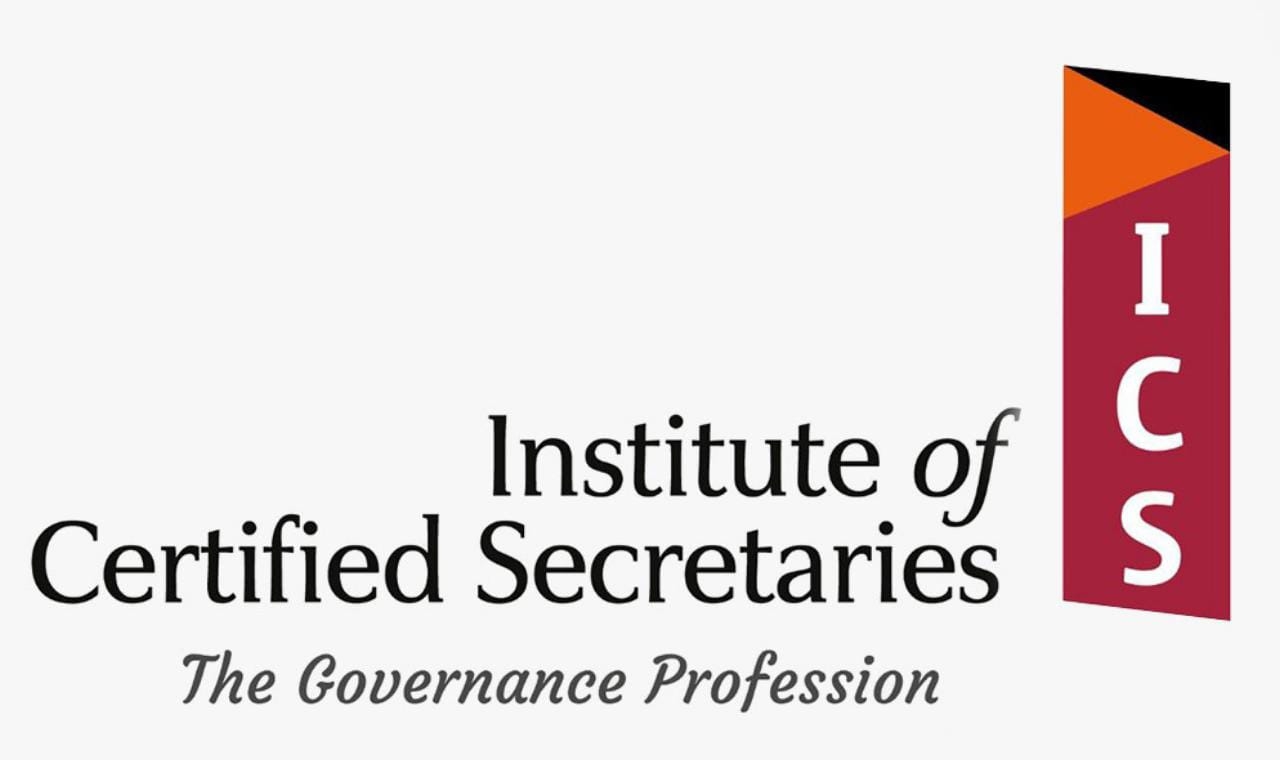Governance and Ethics Hub
The Institute of Certified Secretaries (ICS) is Kenya’s statutory
professional body established under the Certified Public Secretaries of Kenya
Act (Cap 534) to promote sound governance, compliance, and ethical leadership
across public and private sectors.
For decades, ICS has trained and certified thousands of governance
professionals, developed governance codes and frameworks, and strengthened
institutional leadership capacity in Kenya and beyond. However, the demand for
more advanced, inclusive, and collaborative learning spaces dedicated to
governance and ethics continues to grow rapidly across Africa.
To address this gap, ICS is establishing the Governance &
Ethics Hub, a Centre of Excellence for Africa that will provide a modern,
collaborative environment for learning, leadership development, research, and
policy advocacy.
The Hub will bring together professionals, researchers, and
stakeholders from Africa, India, and around the world to champion excellence in
governance and ethics. The Hub will:
a) Equip governance professionals with
up-to-date skills and global perspectives.
b) Support continuous leadership
development across all sectors.
c) Promote ethical practices,
transparency, and accountability.
d) Drive research, innovation, and
policy dialogue on governance issues.
e) Strengthen intercontinental
partnerships for shared learning and reform.
The Governance & Ethics Hub is a bold step toward transforming
governance practice across Africa, a platform to connect, empower, and sustain
ethical leadership for generations to come.
Project Overview
The
Governance & Ethics Hub is being developed on ICS-owned land at Upper Hill,
Nairobi, a premier institutional and diplomatic district that hosts leading
public, corporate, and professional institutions.
Once
complete, the Hub will stand as a landmark Centre of Excellence in Governance
and Ethical Leadership, a modern, digitally enabled, and self-sustaining
facility that integrates physical, intellectual, and technological spaces for
training, research, mentorship, and innovation.
It
is envisioned not merely as a building, but as a living ecosystem for ethical
leadership and transformative governance—bringing together governance
professionals, policymakers, researchers, development partners, and youth from
Africa and across the world.
Key Functional Components and Uses
1.1 Training, Learning & Professional Development
a)
Certified Secretaries (CS) College
offering professional certification, diploma programmes, and executive short
courses.
b)
Centre for Members’ CPD Programmes
providing hybrid lifelong learning, seminars, and executive coaching.
c)
Multi-Use Training and Event Spaces
hosting governance summits, retreats, board inductions, and conferences.
d)
Tailor-Made In-House Programmes
customised for Boards, State Corporations, Universities, County Governments,
Co-operatives, and the private sector.
e)
Scheduled Open Courses on
governance, ethics, ESG, digital transformation, and leadership.
f) Virtual Learning Studios enabling global reach through e-learning, webinars, and digital masterclasses.
1.2 Mentorship, Innovation & Youth Empowerment
a)
Governance, Ethics, Mentorship &
Internship Programme (GEMIP) connecting students and young professionals with
experienced mentors.
b)
Innovation and Business Incubation
Lab nurturing start-ups and social enterprises developing governance-tech,
compliance, and ESG solutions.
c) Youth Policy Dialogue Centre promoting intergenerational dialogue, civic engagement, and ethical leadership incubation.
1.3 Research, Policy & Knowledge Development
a)
Governance and Ethics Research &
Resource Centre serving as a digital and physical library with journals, case
studies, and governance codes.
b)
Public Policy and Governance
Research Lab supporting applied research and policy advocacy.
c) Think Tank & Fellowship Wing convening scholars and practitioners for regional and global knowledge exchange.
1.4 Dispute Resolution & Institutional Support
a)
Alternative Dispute Resolution (ADR)
Rooms for mediation and arbitration in governance-related disputes.
b)
Corporate Governance Advisory Centre
providing consulting, board evaluation, and institutional governance audits.
c) Ethics & Compliance Helpdesk offering confidential advisory and institutional ethics guidance.
1.5 Professional Collaboration, Events & Exchange
a)
International Conference and
Exhibition Halls for regional summits, conventions, and awards.
b)
India–Africa Governance Exchange
Centre to facilitate bilateral programmes, joint research, and professional
exchange.
c) Governance Experience Gallery showcasing milestones in Africa’s and India’s governance evolution.
1.6 Work, Research & Business Support Facilities
a)
Resource and Study Areas for
students, researchers, and practitioners.
b)
Hot-Desking & Co-Working Spaces
for consultants and visiting professionals.
c)
Office Suites for ICS operations and
partner institutions.
d)
Business & Documentation Centre
providing printing, design, and administrative services.
e) Audio-Visual and Podcast Studios for governance content creation, online lectures, and media engagement.
1.7 Wellness, Hospitality & Sustainability
a)
Restaurant, Café, and Executive
Lounge offering catering and networking spaces.
b)
Wellness and Fitness Centre
supporting holistic health, yoga, and leadership balance.
c)
Daycare and Mothers’ Facilities
providing inclusive childcare and parenting support.
d)
Roof Terrace and Green Zones for
networking receptions, donor events, and outdoor discussions.
e)
Sustainability Infrastructure
featuring solar power, water harvesting, and waste recycling.
f) Accommodation Suites for visiting fellows, researchers, and facilitators.
1.8 Leasing, Membership & Income Generation
a)
Commercial and Office Leasing Spaces
for governance-aligned organisations and partners.
b) Exclusive Members’ Club providing premium amenities, leadership roundtables, and networking privileges for Fellows and strategic partners.
Integrated Digital and Policy Infrastructure
Beyond the physical facilities, the Hub will host an integrated digital learning and collaboration ecosystem with online classrooms, e-library, policy labs, and AI-enabled governance simulation rooms—connecting professionals across Africa, India, and beyond.
Intended Beneficiaries
The Hub will directly serve:
a)
Certified Secretaries and governance
professionals;
b)
Board Members, CEOs, and
institutional leaders;
c)
Public servants, regulators, and
policymakers;
d)
University students and emerging
professionals;
e)
Civil society, faith-based, and
development organisations; and
f) Researchers, academics, and global governance partners.
3.4 Strategic Role
The Governance & Ethics Hub will function as:
a)
A Regional Centre of Excellence for
governance and ethical leadership;
b)
A Bridge of Collaboration between
Kenya and India, advancing South–South professional cooperation;
c)
A Platform for Policy Dialogue,
Research, and Innovation in governance and ethics; and
d) A Sustainable Asset strengthening ICS’s institutional resilience and financial independence.
Progress To Date
The
development of the Governance
& Ethics Hub has made significant progress, marking a
strong foundation for the realisation of the full vision. All necessary approvals, permits, and architectural
designs for the project have been secured.
Construction of Phase I commenced in February 2024 and was substantially completed and launched in May 2025 at an estimated cost of KSh 100 million (approximately USD 775,000), fully financed through internally generated resources and member contributions.
Phase
I comprised the Ground
and First Floors, which are now partially operational as training,
meeting, and administrative facilities. These spaces currently host:
a) Professional development and
capacity-building programmes
for members and institutional clients;
b) Mentorship and internship sessions under the Governance, Ethics,
Mentorship & Internship Programme (GEMIP); and
c) Multi-sectoral governance dialogues,
policy roundtables, and leadership workshops.
The
completion and commissioning of this phase stand as a clear demonstration of ICS’s
commitment, institutional capacity, and prudent resource utilisation
in implementing transformative projects of this scale. However, Phase I remains partially incomplete,
with some installations pending—particularly:
a) Modern furnishings and furniture for
offices and training halls;
b) Digital conferencing and meeting
technologies for the boardroom and seminar halls;
c) Kitchen, café, and restaurant
equipment; and
d) Internal partitioning, signage, and aesthetic finishing.
To
complete these outstanding works, the Institute is mobilising an additional KSh 50 million (approximately USD
390,000) through internal fundraising and member contributions.
While
Phase I has already brought the Hub to life as a functional learning and
convening centre, full
realisation of the Hub’s vision now depends on the successful
implementation of Phase
II, which will complete the remaining floors, digital
infrastructure, and international-standard facilities required to establish a
fully integrated Centre
of Excellence in Governance and Ethical Leadership.
Ground Breaking - April 2023
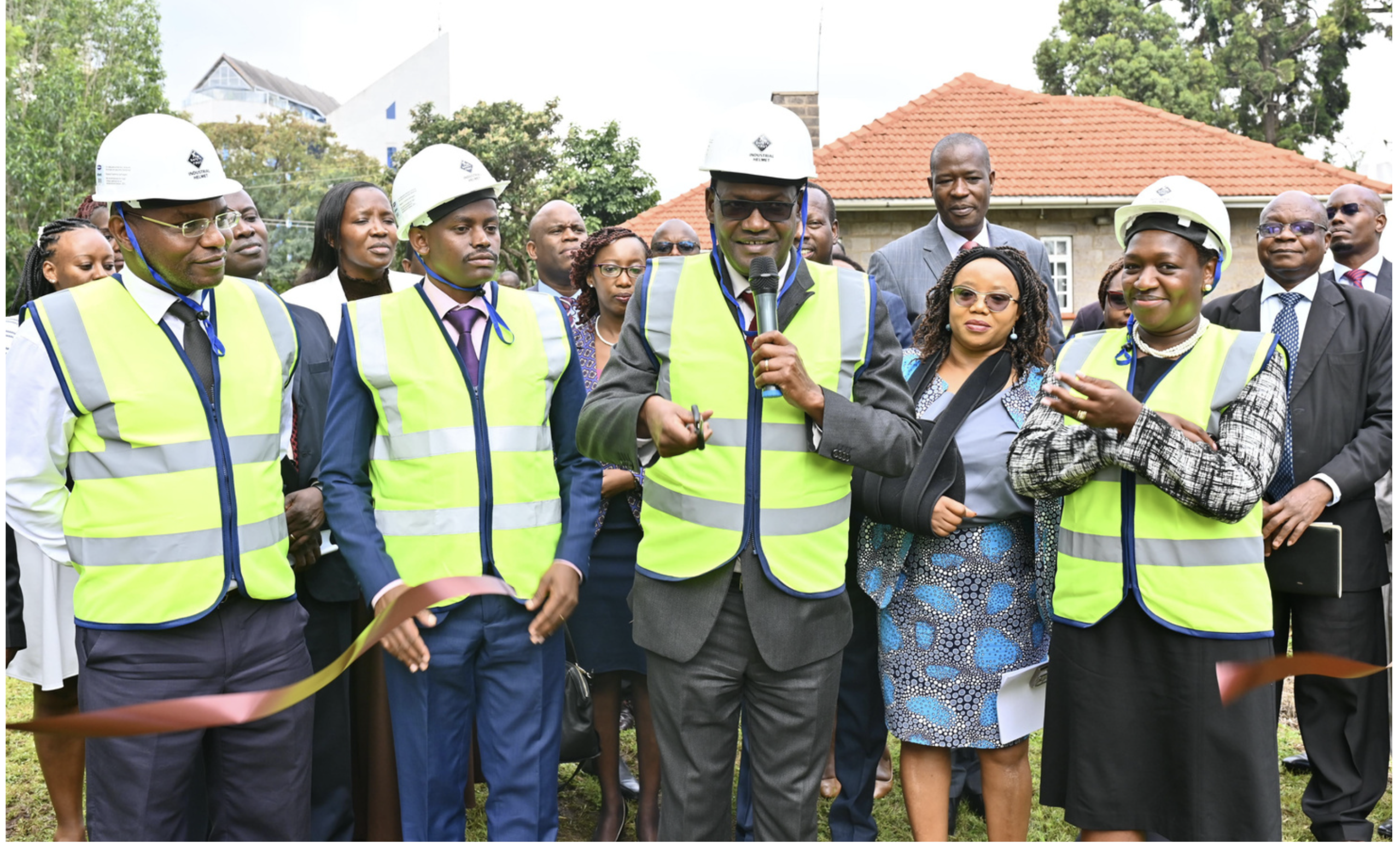
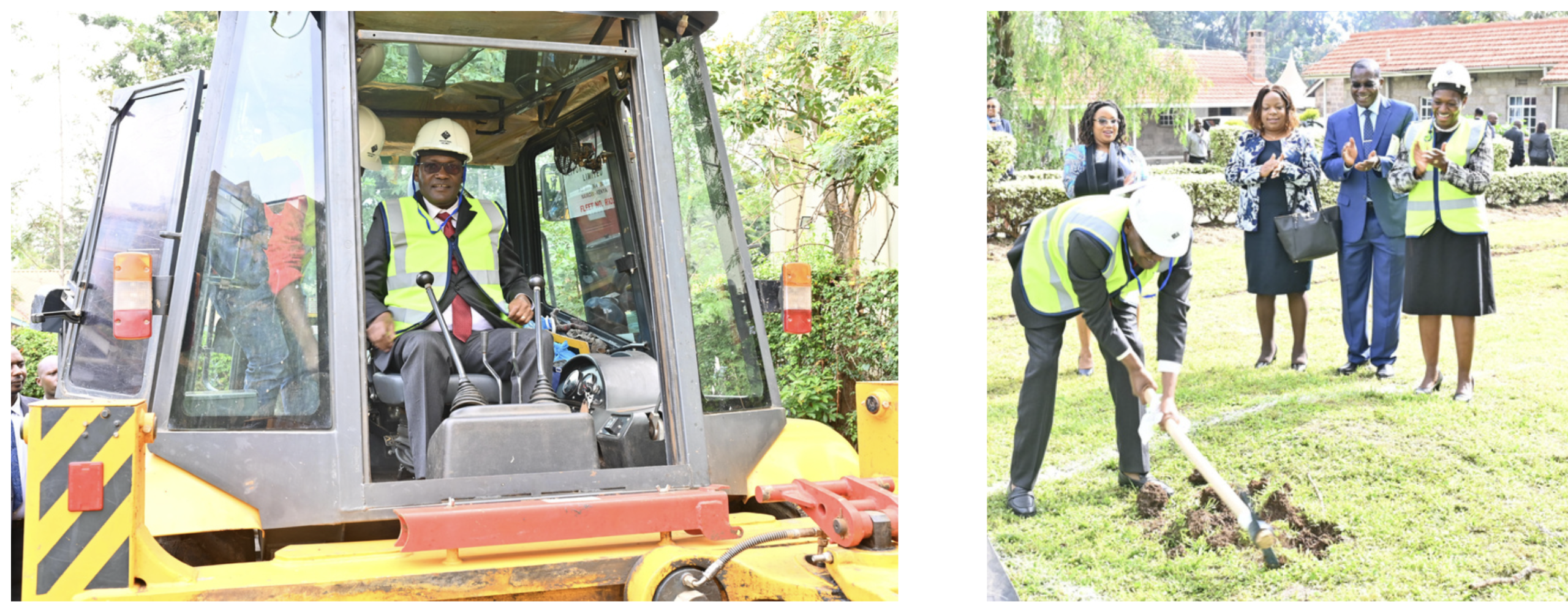
1st Construction Milestone - April 2024
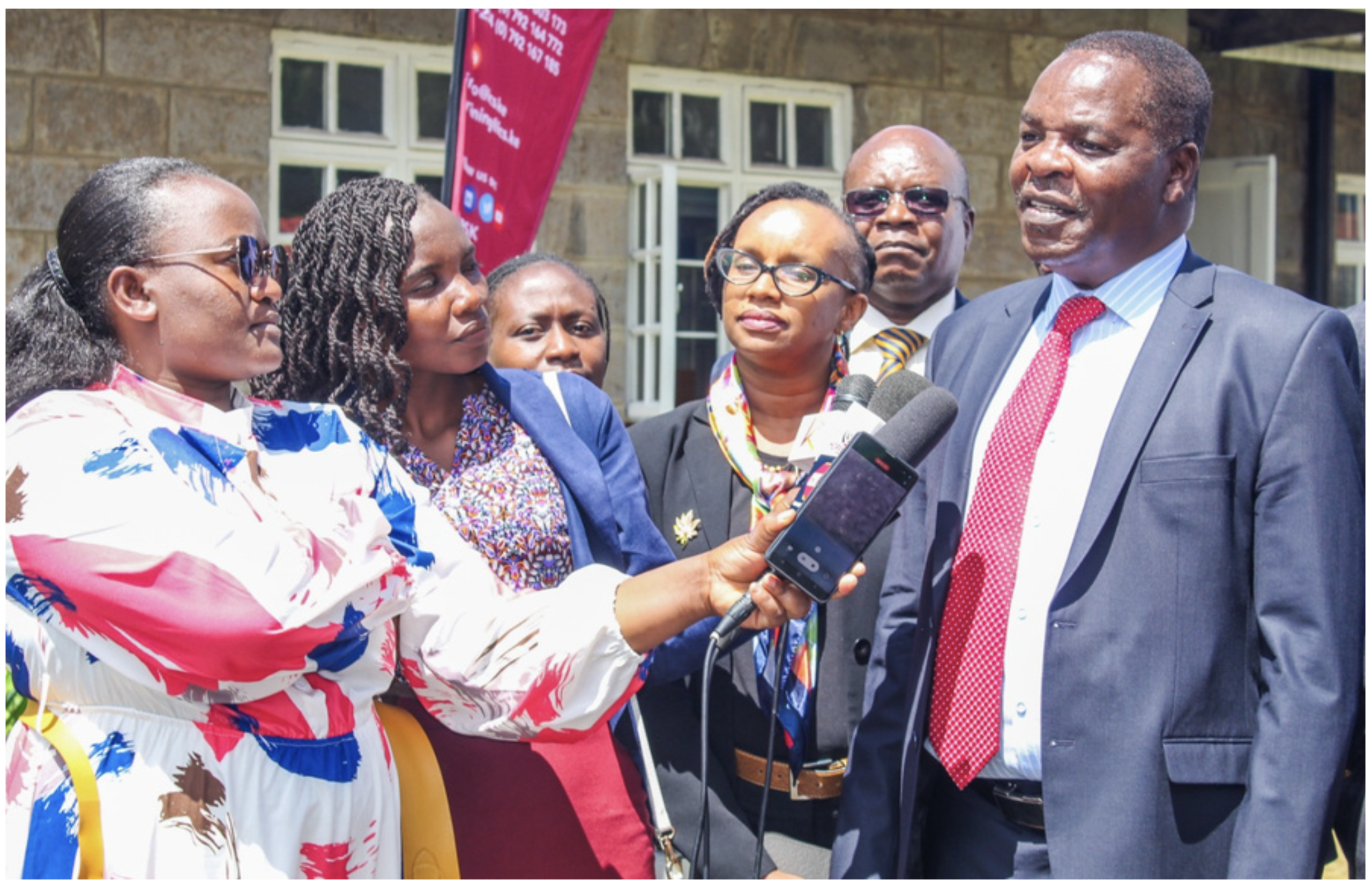
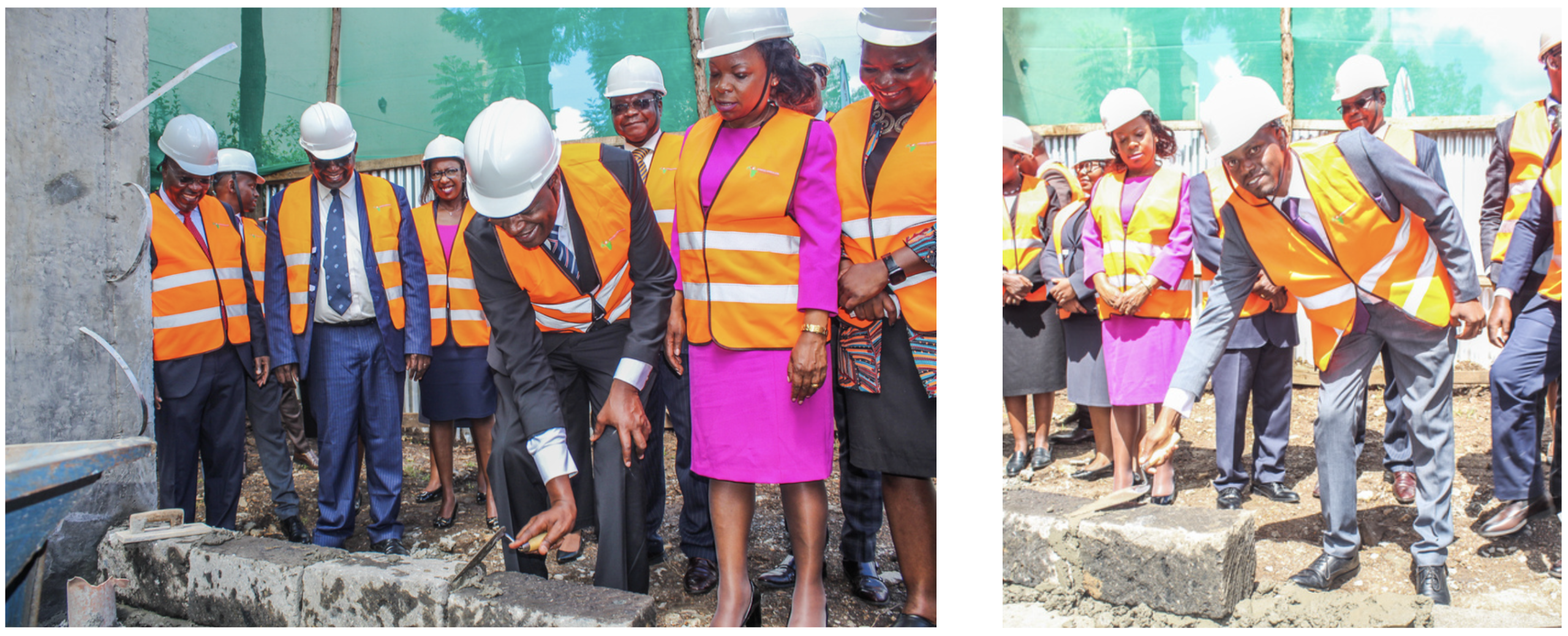
Phase 1: Where We Are - May 2025
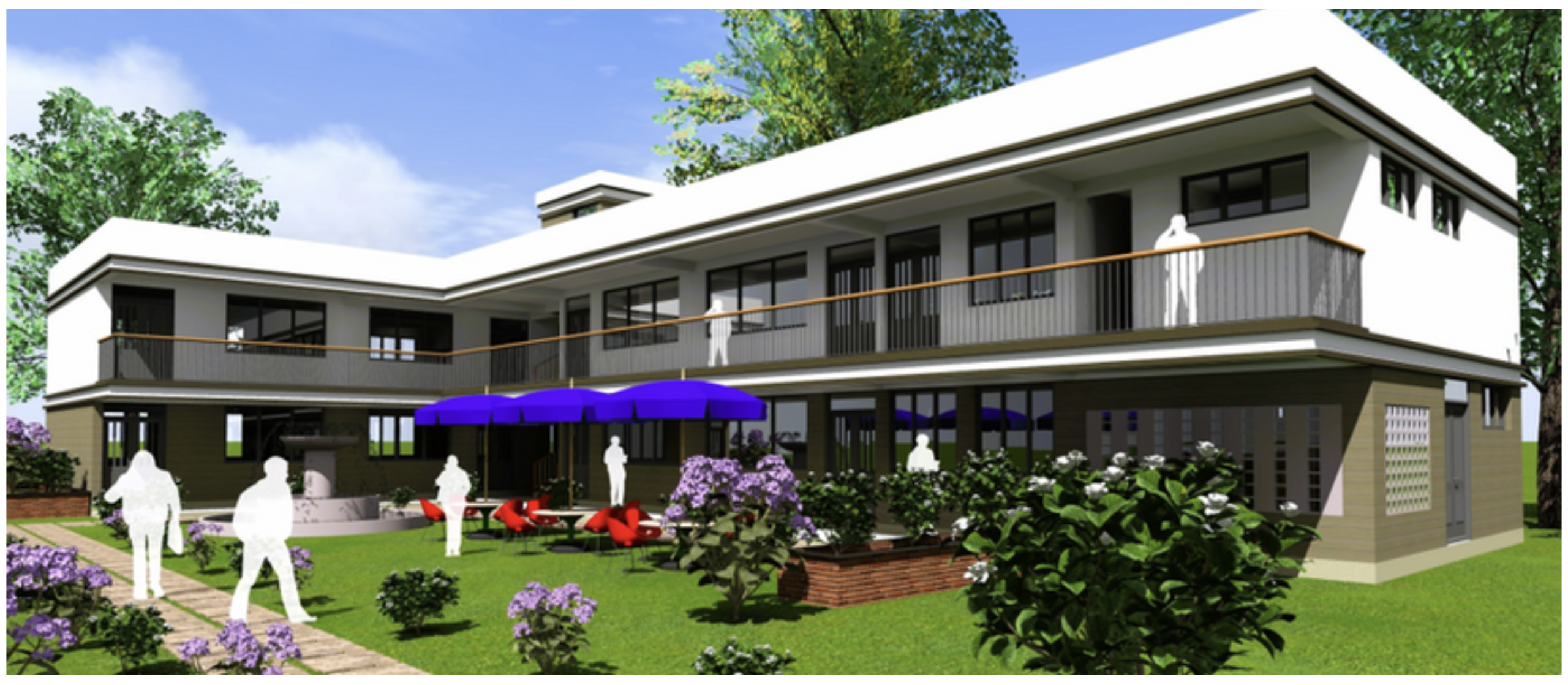
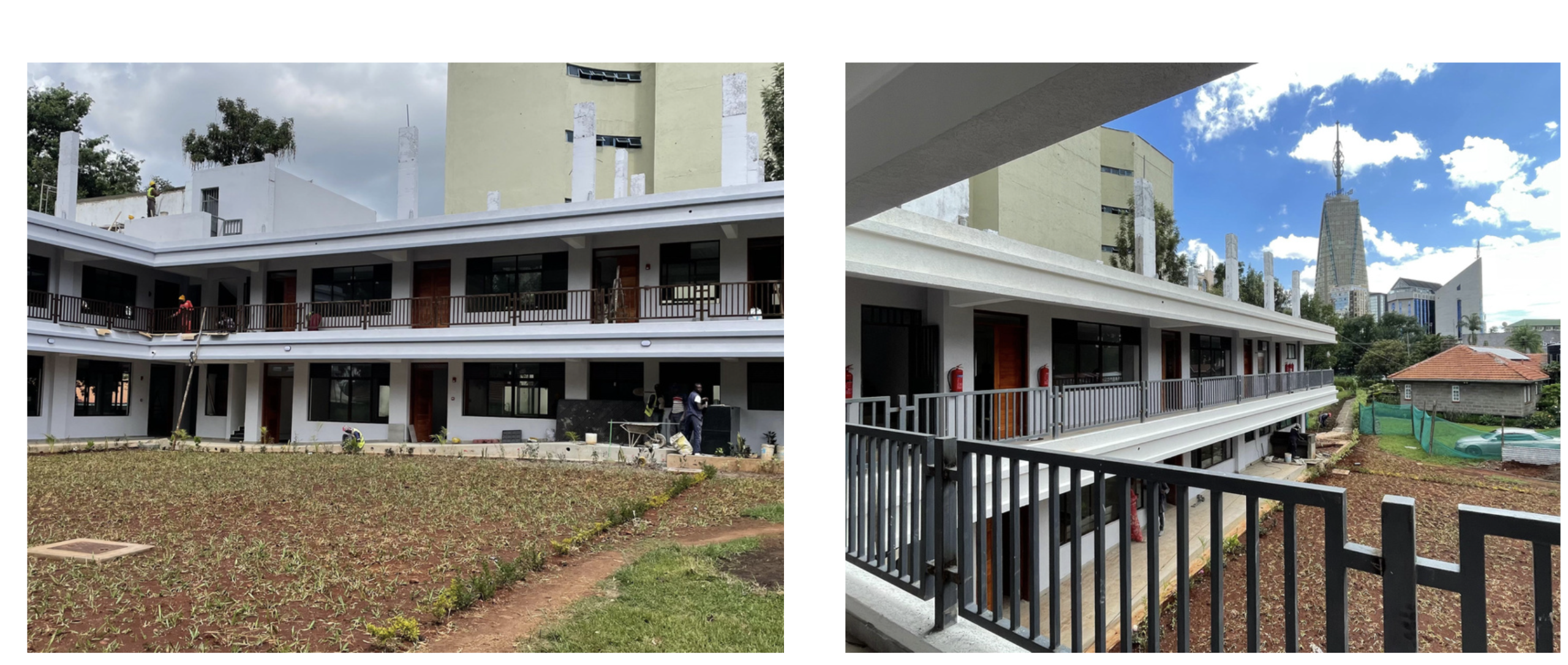
Proposed Phase II
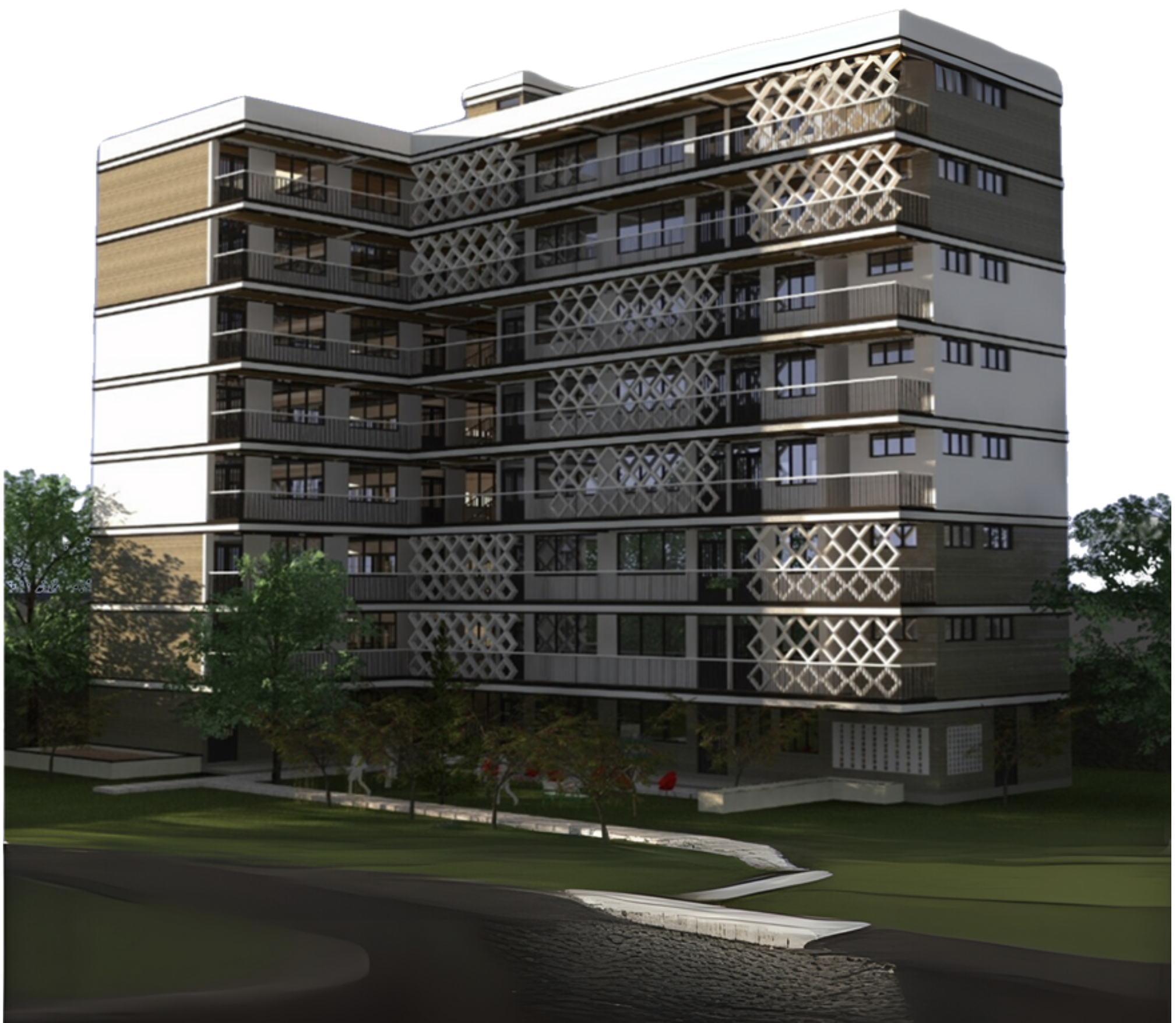
Phase II Overview
Building
upon the successful completion of Phase I, the next stage—Phase II of the
Governance & Ethics Hub Project represents the full-scale realisation of
the Hub’s vision as a continental Centre of Excellence in Governance and
Ethical Leadership.
Phase
II aims to complete the structural, digital, and operational development of the
Hub, transforming it into a fully integrated learning, research, and innovation
complex that will serve professionals and institutions across Africa, India,
and the global governance community.
Scope of Phase II Works
Phase
II will involve the completion of the remaining floors (2nd to 7th) and
associated infrastructure, installations, and finishing works, including:
a) Structural Completion & Architectural Finishes — full civil, electrical, and mechanical works for all remaining floors.
b) Smart Learning & Conferencing Infrastructure — installation of modern digital systems for hybrid learning, simultaneous interpretation, audio-visual recording, and streaming.
c) Library, Research & Innovation Spaces — development of state-of-the-art research zones, e-resource facilities, and innovation laboratories.
d) Hospitality & Wellness Facilities — completion of the cafeteria, restaurant, gym, wellness centre, and rooftop networking terrace.
e) Furnishing & Interior Design — procurement of modern furniture, fittings, and interior décor for offices, classrooms, studios, and public areas.
f) Green & Sustainable Infrastructure — integration of solar energy systems, water harvesting, waste management, and eco-friendly landscaping.
g) ICT and Digital Infrastructure — deployment of high-speed connectivity, smart access control, and e-learning management systems.
h) Safety, Security & Accessibility — fire systems, elevators, and universal access features for inclusivity and safety compliance.
Estimated Budget
The
total cost for Phase II is projected at KSh 523,824,920 (approximately USD 4.05
million), as detailed in the attached Bills of Quantities (October 2025).
Implementation Strategy
Phase
II will be implemented under a multi-stakeholder partnership framework that
balances internal financing, donor support, and international collaboration.
The strategy includes:
a)
Capital Support from Strategic
Partners – targeted contributions from local and international partners such as
ICSI and other professional institutes.
b)
Joint Fundraising and Philanthropic
Mobilisation – collaboration with Indian and African corporates, philanthropic
foundations, and development partners.
c) Public–Private Collaboration –
engaging government agencies, professional regulators, and private sector
actors in co-financing selected facilities (e.g., digital labs, research wings,
and leadership studios).
d)
Phased Construction and
Commissioning – structured roll-out of works in manageable stages to ensure
continuity and accountability.
e)
Integrated Project Management
Approach – with transparent procurement, technical supervision, and periodic
progress reporting to partners and donors.
Strategic Outcomes
Upon completion, Phase II will
deliver:
a)
A fully functional, multi-level
Centre of Excellence hosting training, mentorship, and research activities.
b)
Enhanced digital capacity for hybrid
governance education and international conferencing.
c)
Expanded physical and institutional
capacity to host regional and international programmes.
d)
A sustainable operational model
supported by diversified income streams (training, consultancy, membership, and
facility hire).
e)
Strengthened institutional
credibility and visibility of ICS as a global governance leader.
Implementation Timeline
The
implementation of Phase II is expected to span 24 months (2025–2027),
subject to timely resource mobilisation. The timeline will be divided into
three key stages:
Strategic Importance
Phase
II represents not just the physical completion of a building, but the
institutionalisation of a vision—to create a permanent, globally connected
platform that advances governance, ethics, and professional excellence across
Africa.
It
will firmly position ICS as a regional anchor institution in governance
education and leadership transformation, while offering partners such as ICSI
an enduring platform for collaboration, visibility, and impact.
Partner With Us To Shape The future of Governance
Be part of a transformative journey to promote ethical leadership and sustainable governance in Kenya. The Governance and Ethics Hub, a flagship initiative by the Institute, provides a platform for thought leadership, innovation, and capacity development in governance. Your sponsorship will directly support this vision while aligning your brand with national impact.
lets get in touch
📞 Partner
with Us to Shape the Future of Governance
